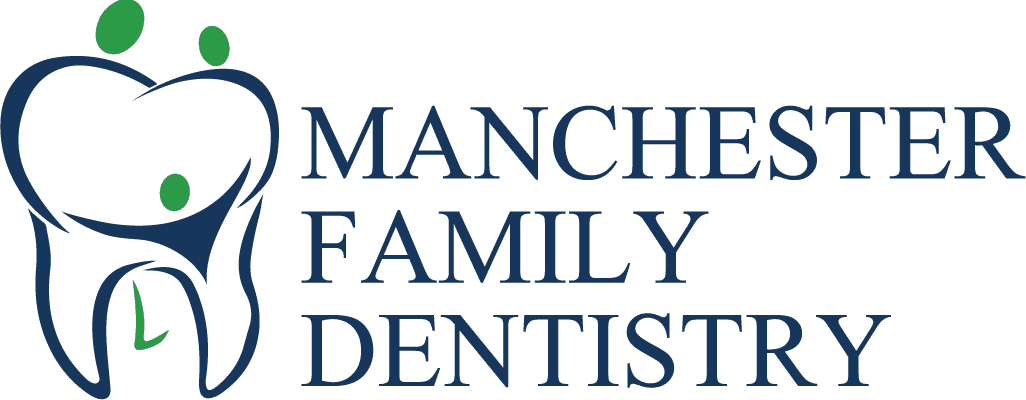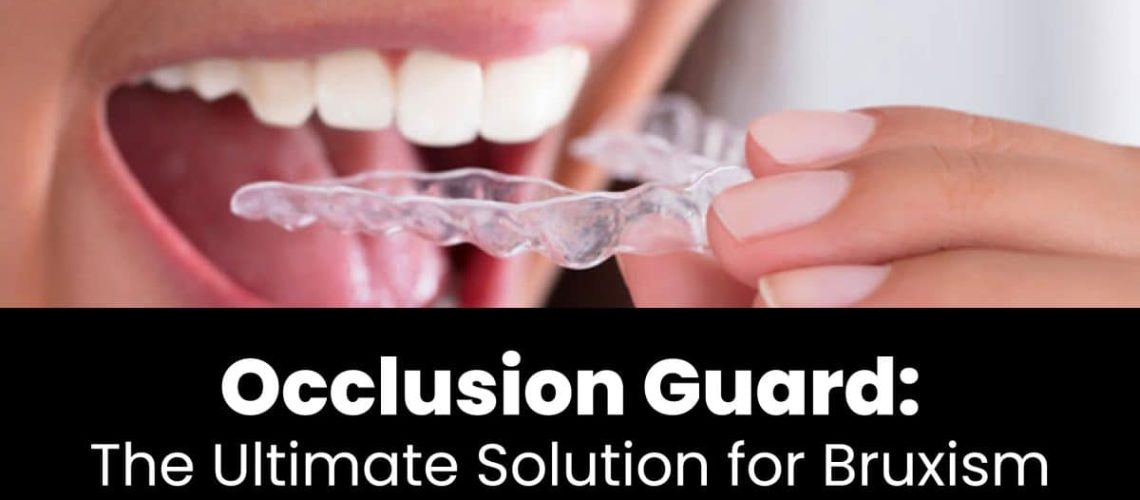Introduction
Bruxism is a condition in which a person grinds, gnash, or clench his/her teeth. There are mainly two types of bruxism named awake bruxism (unconsciously clenching teeth when you’re awake) and sleep bruxism (clenching or grinding teeth during sleep).
People who clench or grind their teeth when they sleep are more prone to snore and experience breathing pauses (sleep apnea). Occlusion/night guards are vastly used and recommended by dentists to get the cure for this condition. Sleep bruxism, may associated with sleep apnea condition. In that case, you need to contact Manchester Family Dentistry for the best treatment options.
In this blog, we have assorted some of the best information related to Occlusion guard. Read it till the end to get the best value out of it.
Overview of an Occlusion Guard
Occlusal guards are orthotic devices created particularly for those who grind their teeth, have bite problems, or have TMJ (temporomandibular joint) disorders. Materials like vinyl, light-cured composite, soft acrylic, or resin manufactured from heat-cured acrylic are used to create the appliance in a customized way. The strongest and most durable night guards for bruxism are those made of heat-cured acrylic. Due to the fact that children’s teeth and jaws fluctuate in size as they develop, occlusal guards for children are often composed of softer materials.
If a dentist notices that the surfaces of the teeth are flatter than usual during a visit, they may suggest an occlusal guard. Other symptoms of grinding that individuals may experience are headaches, jaw discomfort, toothache, cracks in teeth, chipped teeth.. In certain cases, teeth grinding or clenching can even make the gums hurt and loosen the teeth from their sockets.
Types of Occlusion Guard
To reduce the consequences of bruxism, occlusal guards come in three basic types. We suggest contacting us if you have any queries regarding which type is ideal for you.
- Soft nightguards
Soft nightguards are used to treat minor instances of bruxism and reduce their symptoms. They are often simple to get used to wearing and fit comfortably.
- Dual Laminate nightguards
Dual Laminate nightguards Designed for moderate to severe teeth grinders. They comprise a hard exterior surface that is durable and a soft inside surface that is comfortable.
- Hard nightguards
These are used for really severe bruxism patients. They must be fitted specifically by a dentist, are constructed of acrylic, and are incredibly strong and long-lasting.
Do You Need an Occlusion Guard?
The following signs may point to the requirement for an occlusal guard:
- Grinding and clenching of the teeth
- Jaw discomfort or stiffness
- Broken or deteriorated teeth and dental fillings
- Extensive dental restorations/ crowns/ implants.
- Teeth that are temperature-sensitive
- Morning headaches, earaches, and toothaches
- Pain in the face
- Sleep disruption
- Your sleeping partner complains about the noise from grinding.
Getting an Occlusion Guard for Yourself
In case a dentist recommends you get an occlusal guard, then it will take nearly two dental visits to the best dental clinics in Manchester . On the first visit, the patient’s mouth will be scanned by the dentist. The dental lab will use the mold or impression to make custom-fit protection for the patient’s teeth.
During the second appointment, the dentist will examine the fit of the guard and give usage and maintenance recommendations. Patients often need a few weeks of consistent use before becoming used to wearing the occlusal guard. Most patients can sleep well while using a night guard once they’ve adjusted. After the acclimatization period, the patient might need to come back to the dentist’s clinic for changes if the device still makes them uncomfortable or painful.
Conclusion
At Manchester family dentistry, as one of the best dental clinics in Manchester, we provide some of the best and newest solutions for teeth grinding and sleep apnoea as well as perfectly fitted occlusion guards. Contact us today to get the best quality dental services. For any of your queries call us at +1 603-622-6073, +1 603-623-0641, or mail us at admin@manchesterfamilydentistrynh.com or visit us at Manchester Family Dentistry 155 Dow St #401, Manchester, NH 03101, United States.
Key Takeaways
- Bruxism is a condition in which a person grinds, gnash, or clench his/her teeth.
- More people who clench or grind their teeth when they sleep are more prone to snore and experience breathing pauses (sleep apnea). Occlusion/night guards in combination with sleep apnea devices are vastly used and recommended by dentists to get the cure for this condition.
- There are three main types of occlusal guards; soft nightguards, dual Laminate nightguards, and hard nightguards.
- If you are witnessing grinding and clenching of the teeth; jaw discomfort, or stiffness; broken or deteriorated teeth and dental fillings; pain in the face, etc then visit your nearby dentistry and they will recommend whether you need an occlusion guard or not.


